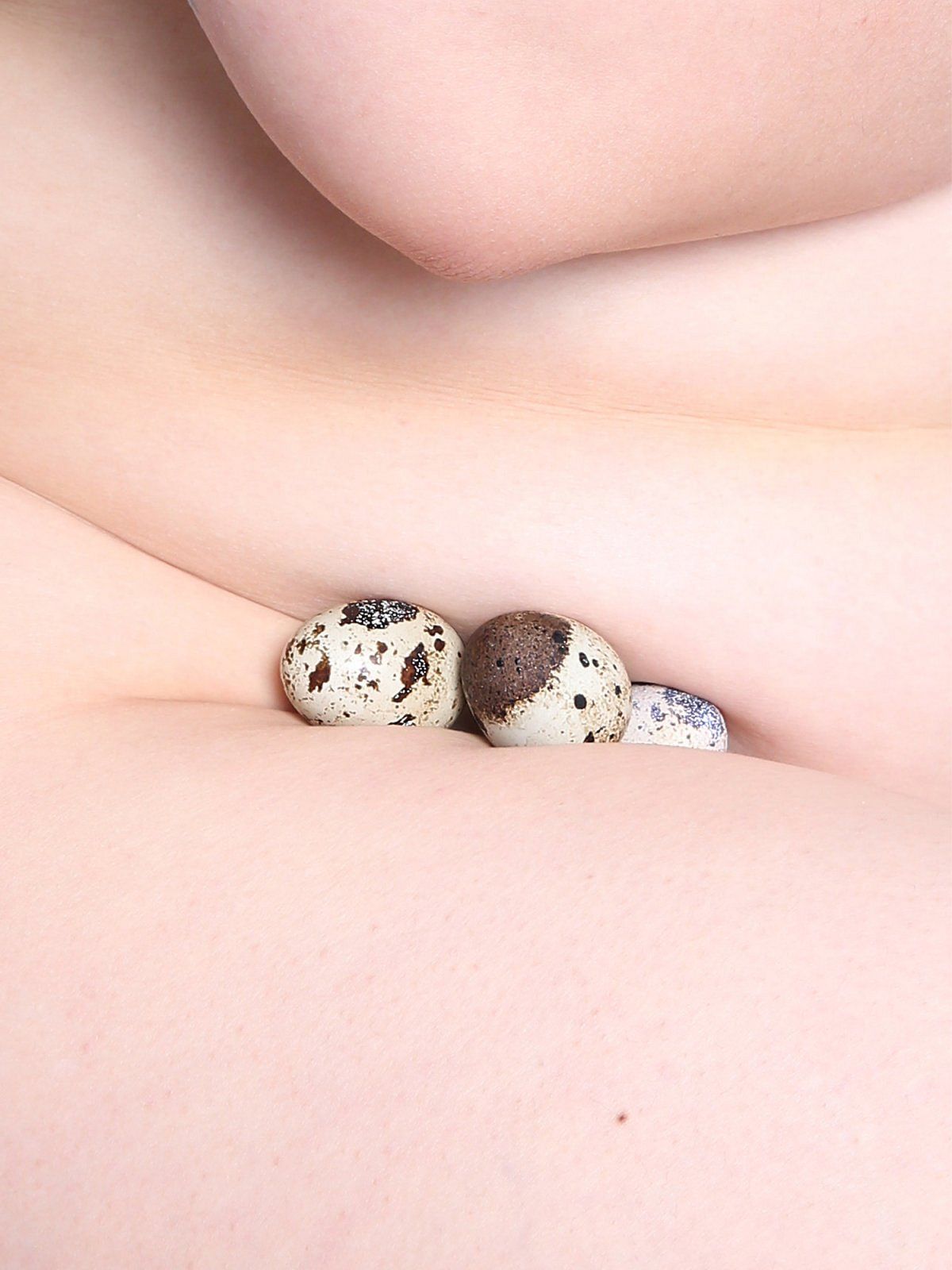
I was born in Seoul, in the middle of the city.
I studied Photography at Shingu College from 20xx-20xx, and then continued to get my Bachelor of Arts Photography at the Royal Academy of Arts in The Hague. Leaving Korea and moving to Europe has had a significant impact on how I perceive the world as an artist. I often draw inspiration from moving through a foreign space, from noticing cultural differences and similarities, from considering myself an outlander.
So as a photographer, how can I communicate and relate to the world – disconnected from language or stereotype? My work often sparks from experiences I had personally, to later on reveal larger societal issues. In my work, I construct reality in order to make it more accurate to my own experience. While I typically choose ordinary themes, I translate them through a humorous, almost abstract lens. The camera takes an observant role, documenting what could be considered performance or sculpture. The result of this is what reflects the reality that I perceive.
GRADUATION PROJECT
On the 11th February 2020, I had an operation. A cesarean section of about 15cm, my uterus was cut in half like an apple. My mom said that I can’t be married, because I can’t have a baby. I know what it means to be unable to carry a child in a society where women are naturally expected to reproduce.
My voice is easily silenced, and my name is given without my permission. I constantly struggle with things that are taken away from and given back, but I always get frustrated in the end.
Nevertheless, I will speak and deter the repeated failures I have experienced. I will not end in tragedy. The alienated voice, the non-trivial language, and the life that can never be peaceful.
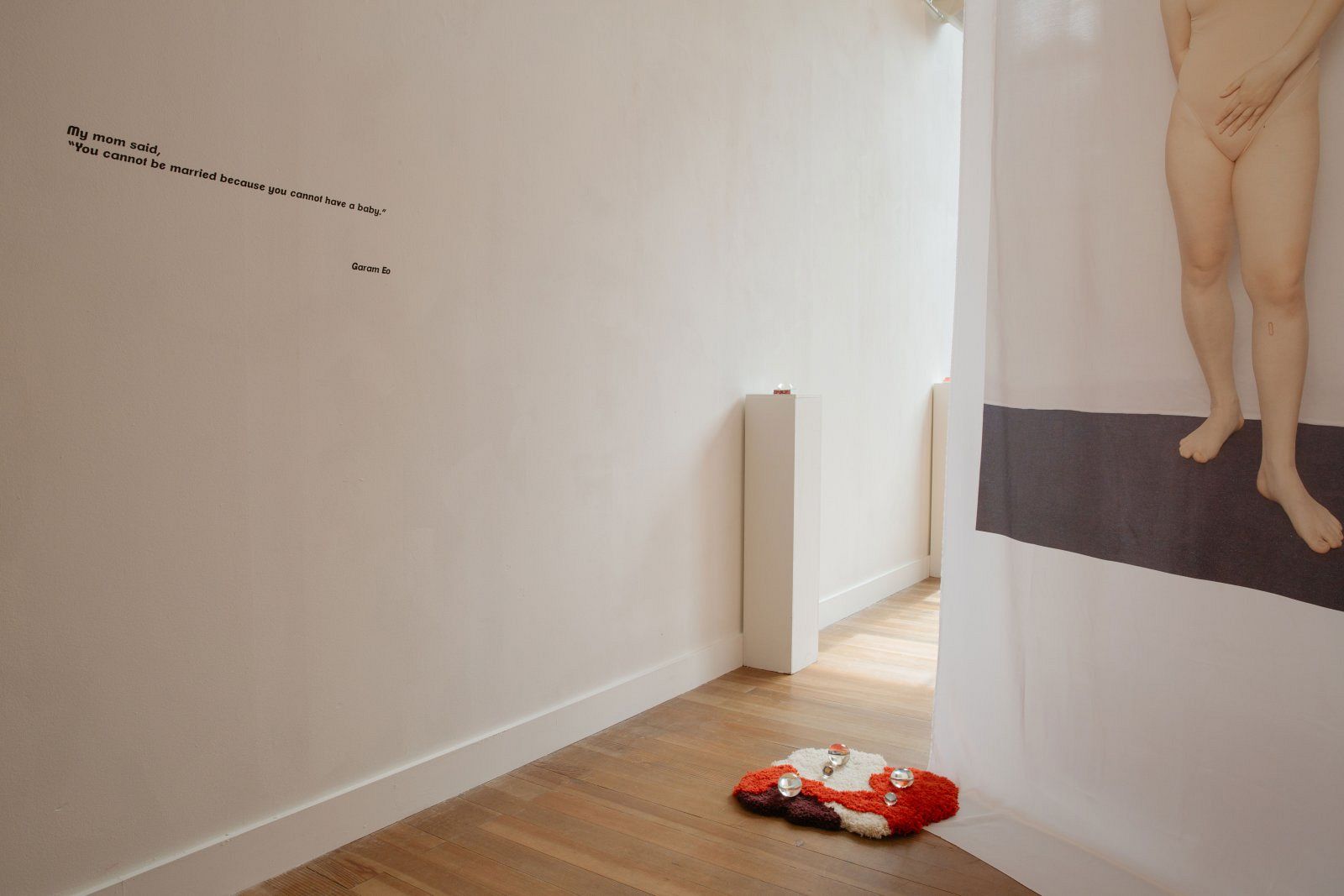
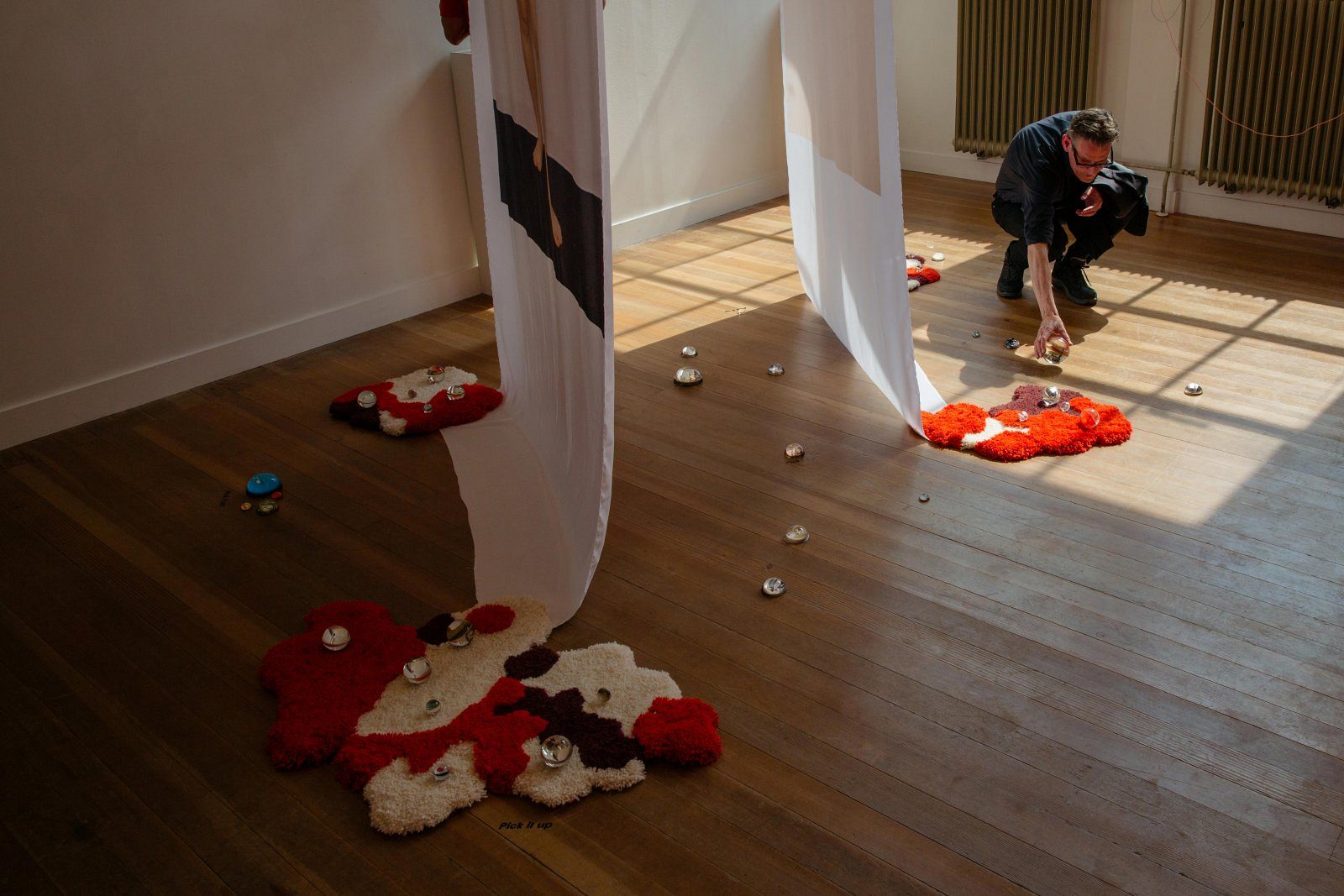
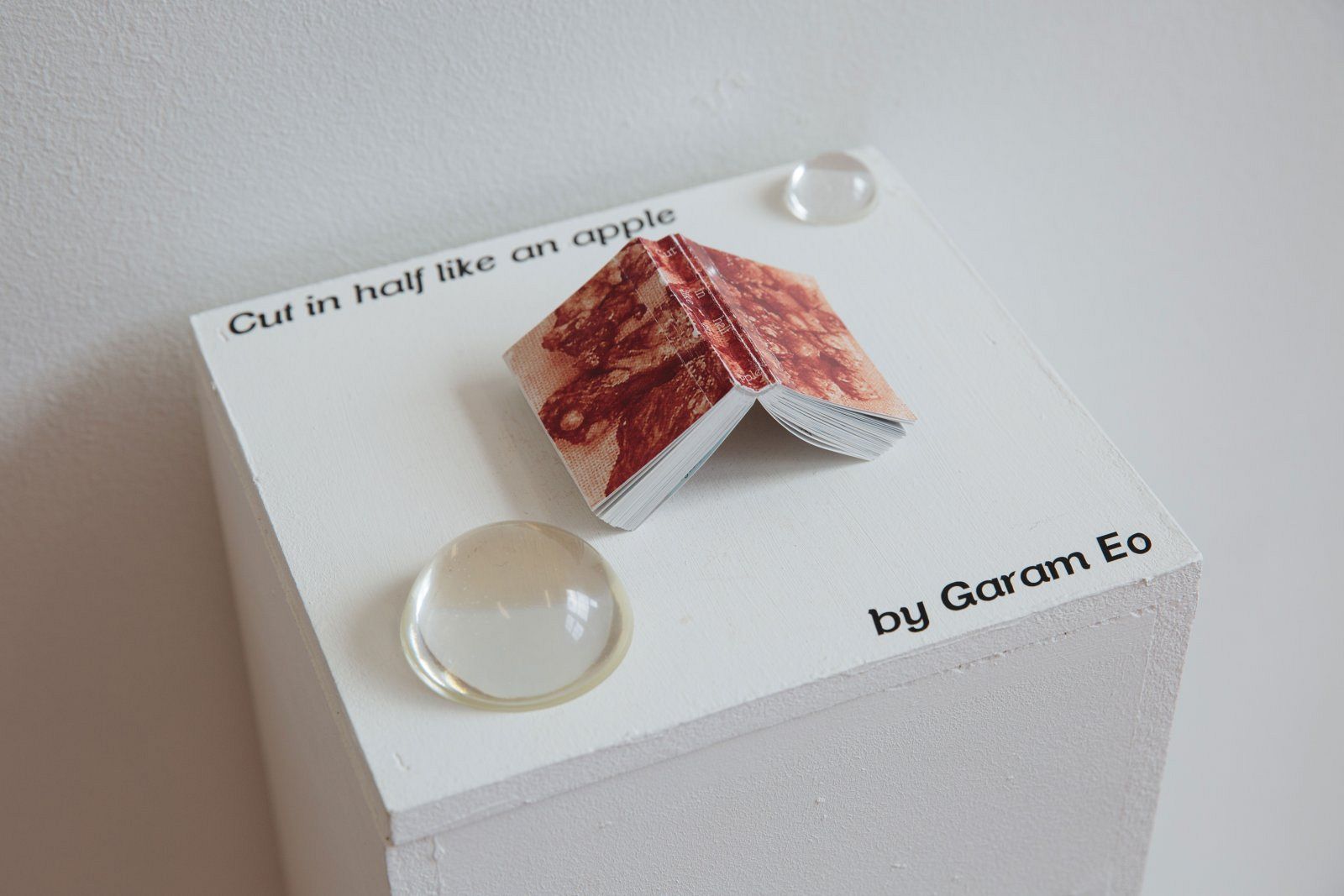
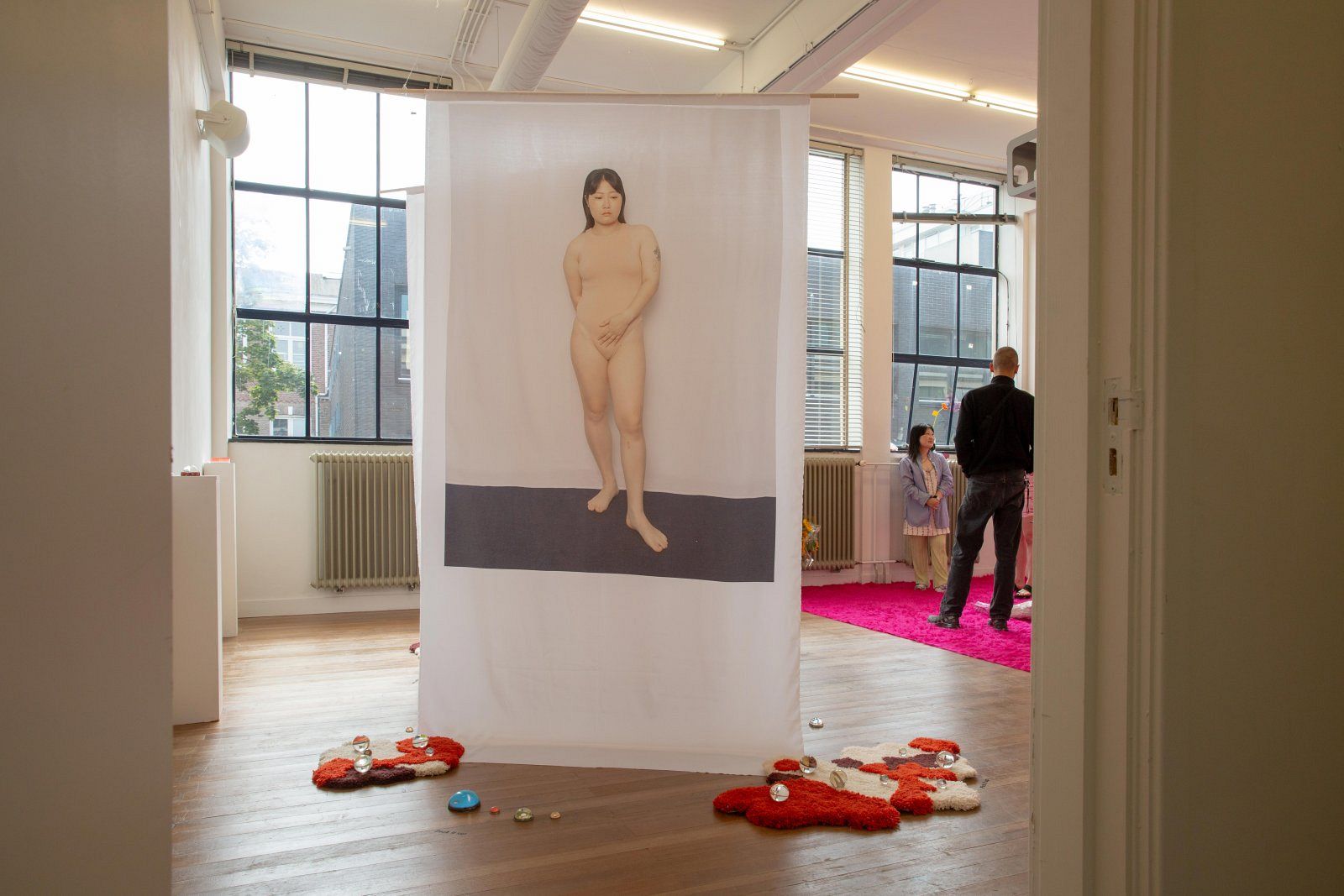
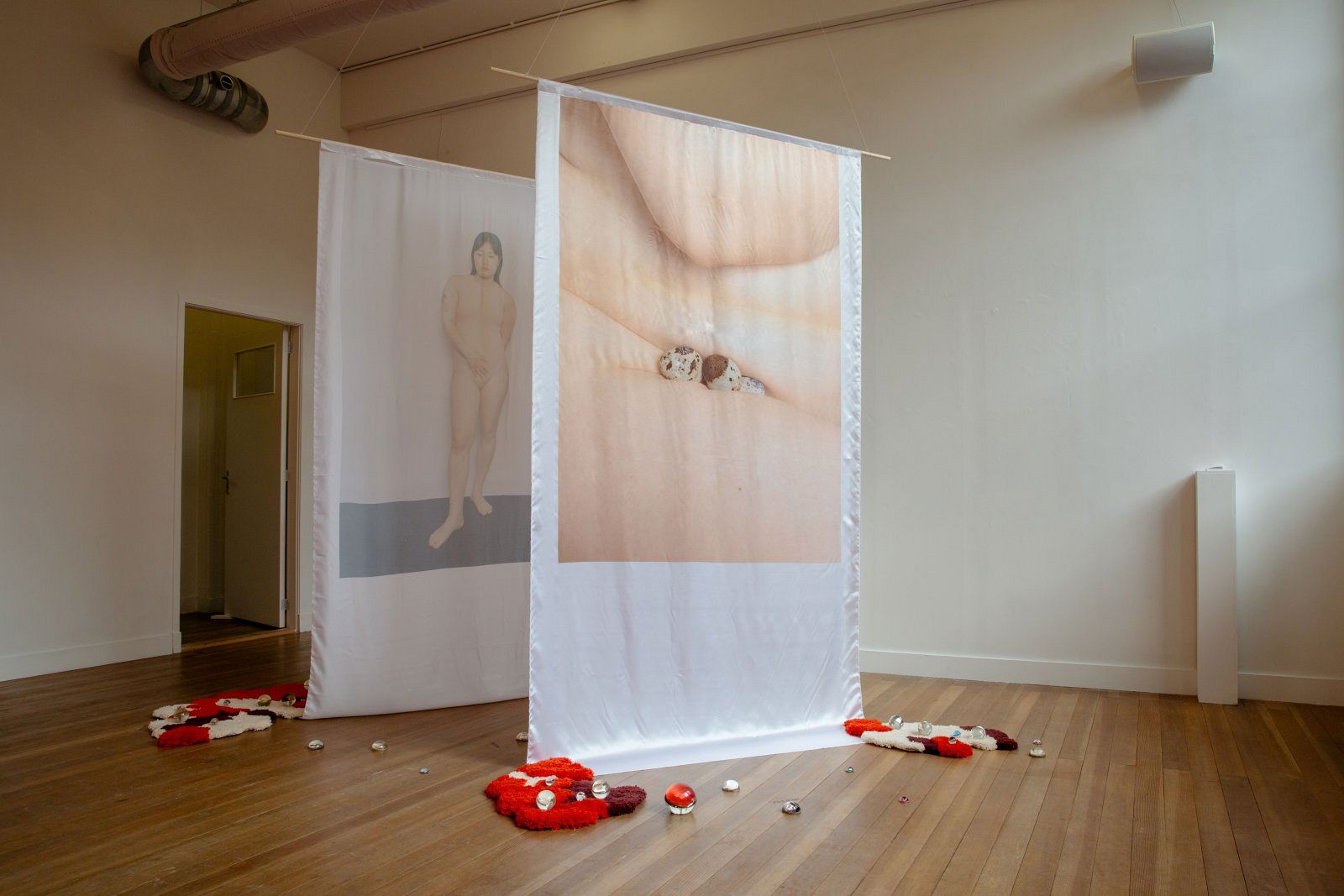
MY MOM SAID, "YOU CANNOT BE MARRIED BECAUSE YOU CANNOT HAVE A BABY."
Thesis
I once read an article on SNS by a person who fought against cancer. He declared that he could not lock himself and his identity up in a single name of 'cancer' because his life was much bigger and more colorful than that. I agree with this. Nevertheless, as a person who started to get sick in their mid-20s and is still in their early 30s, I thought the biggest factor that influences my life is the pain of my body. I have been ill for many years and my life has been greatly influenced by the disease, or economic problems, relationships, things that can and cannot be done in life, and everything else that is reorganized around my disease. Is it not the name ‘a sick person’ an identity for such people and myself?
I am not trying to argue that there is a certain fixed identity of a sick person. Just as there are countless different types of disorders within the category of disability, diseases also have innumerable diversity, so it is impossible to establish a uniform or a fixed identity that would encompass them all. The story to be told in this thesis is rather like a question. Can a sick person have an identity called “a sick person”? What problems, or what other worlds will open up when we consider the word ‘a sick person’ as an identity?
To the reason for a sick woman's identity means to even emphasize her embarrassed feelings when she says, "I am a sick person." I want to reason for the mixed feelings and worries about the future when I cannot confess to a sick person based on a healthy non-disabled standard, the despair when my body repeatedly destroys the future I designed, the anxiety and fear of feeling useless. I have to insist on positive aspects such as insights, alternative values, and humility to life and death I learned because I lived as a sick person against the mainstream discourse that unconditionally depicts a sick woman as a negative being. And I want to discuss with you that talking about these things may not necessarily mean covering up the negative aspects of my life with pain. Reasoning a sick woman as an identity will also mean that we accept the most negative, the most vulnerable, and the closest aspects of our life that we do not want to accept and acknowledge. We need to have more uncomfortable conversations about this.
In fact, a lot of people still sting to look at a woman who is not able to give birth. But I will accept those views and continue to think about which direction I should go. I would like to consider not only a society where women do not give birth but a society where all individuals are not connected by blood but exist in the "individual" itself. In addition to implementing such a vision, I would like to work on dealing with doubts, anxiety, hesitation, and the possibility of failure.
While presenting an alternative vision of the future, let us consider how it can "come."